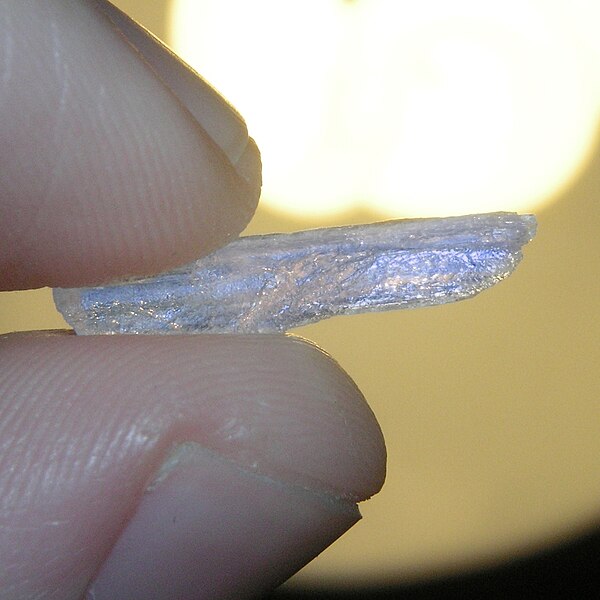Euphoria is the experience of pleasure or excitement and intense feelings of well-being and happiness. Certain natural rewards and social activities, such as aerobic exercise, laughter, listening to or making music and dancing, can induce a state of euphoria. Euphoria is also a symptom of certain neurological or neuropsychiatric disorders, such as mania. Romantic love and components of the human sexual response cycle are also associated with the induction of euphoria. Certain drugs, many of which are addictive, can cause euphoria, which at least partially motivates their recreational use.
Playing can induce an intense state of happiness and contentment, like this girl playing in the snow.
A large dose of methamphetamine causes a drug-induced euphoria.
Happiness is a positive and pleasant emotion, ranging from contentment to intense joy. Moments of happiness may be triggered by positive life experiences or thoughts, but sometimes it may arise from no obvious cause. The level of happiness for longer periods of time is more strongly correlated with levels of life satisfaction, subjective well-being, flourishing and eudaimonia. In common usage, the word happy can be an appraisal of those measures themselves or as a shorthand for a "source" of happiness. As with any emotion, the precise definition of happiness has been a perennial debate in philosophy.
A smiling 95-year-old man from Pichilemu, Chile; this facial expression often indicates happiness.
Woman kissing a baby on the cheek
Smiling woman from Vietnam
Newly commissioned officers celebrate their new positions by throwing their midshipmen covers into the air as part of the U.S. Naval Academy class of 2011 graduation and commissioning ceremony.






